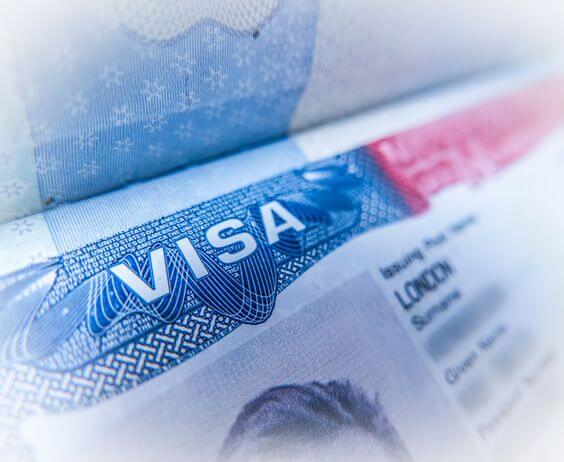In today’s interconnected world, the desire to work abroad is a dream harbored by many. Whether it’s the allure of experiencing new cultures, advancing one’s career, or seeking better economic prospects, working in a foreign country can be a life-changing experience. However, navigating the complex web of immigration laws and securing a work visa can be a daunting task. Fortunately, sponsored working visas offer a viable pathway for individuals eager to explore career opportunities abroad. In this article, we will delve into the world of sponsored working visas, discussing what they are, how they work, and their benefits for both individuals and host countries.
Understanding Sponsored Working Visas
A sponsored working visa, also known as an employment-based visa, is a legal document that allows foreign nationals to work in a specific country for a designated employer. This type of visa hinges on the sponsorship of an employer in the host country, who vouches for the individual’s employment and often assists with the visa application process. Sponsored working visas come in various forms, depending on the host country’s immigration policies, the individual’s qualifications, and the specific job offer. Common types include the H-1B visa in the United States, the Tier 2 (General) visa in the United Kingdom, and the 457/482 visa in Australia.
How Sponsored Working Visas Work
The process of obtaining a sponsored working visa can be multifaceted, involving several key steps:
- Job Offer: The first and foremost requirement is securing a job offer from an employer in the host country. This offer typically includes details about the job role, salary, and duration of employment.
- Employer Sponsorship: Once the job offer is in hand, the employer usually acts as the sponsor. This involves the employer demonstrating that there are no suitable local candidates for the position and that hiring a foreign worker is necessary.
- Application Submission: The individual, along with the sponsoring employer, submits a visa application to the relevant immigration authority. This application includes documentation such as the job offer letter, proof of qualifications, and evidence of financial stability.
- Processing and Approval: Immigration authorities review the application, conduct background checks, and assess whether it complies with their visa criteria. If approved, a work visa is issued.
- Relocation: Upon receiving the visa, the individual can move to the host country and commence employment with the sponsoring employer.
Benefits of Sponsored Working Visas
Sponsored working visas offer a plethora of advantages, both for individuals seeking international employment opportunities and for the host countries:
- Global Career Advancement: Sponsored working visas open doors to exciting career opportunities abroad, enabling individuals to gain valuable international experience, expand their professional network, and enhance their skill set.
- Cultural Enrichment: Living and working in a foreign country allows individuals to immerse themselves in a new culture, broaden their horizons, and develop a deeper appreciation for diversity.
- Economic Contributions: Host countries benefit from the skills and expertise that foreign workers bring, contributing to economic growth and innovation. These workers often fill labor gaps in industries that face shortages of local talent.
- Cultural Exchange: Sponsored workers often bring their own unique perspectives and ideas to their host country, fostering cultural exchange and enriching the local community.
- Mutual Growth: Both the individual and the host country stand to gain from the relationship. Individuals advance their careers, while host countries bolster their workforce and competitiveness.
Challenges and Considerations
While sponsored working visas offer numerous advantages, there are also challenges and considerations to bear in mind:
- Visa Restrictions: Sponsored visas are usually tied to a specific employer and job role, limiting flexibility. Changing employers or roles may require a new visa application.
- Immigration Policies: Immigration policies and visa quotas can change, impacting the availability and eligibility of sponsored visas.
- Costs and Fees: Visa application fees, legal fees, and other expenses can add up. It’s essential to consider the financial implications.
- Cultural Adjustment: Adapting to a new country and workplace culture can be challenging, requiring resilience and open-mindedness.
Conclusion
Sponsored working visas are invaluable tools for individuals seeking to explore international career opportunities and for host countries looking to bolster their workforce. They facilitate the exchange of skills, knowledge, and culture, enriching both parties in the process. While navigating the visa application process can be complex, the rewards of working abroad are well worth the effort. As globalization continues to shape our world, sponsored working visas remain a gateway to unlocking a world of possibilities.




